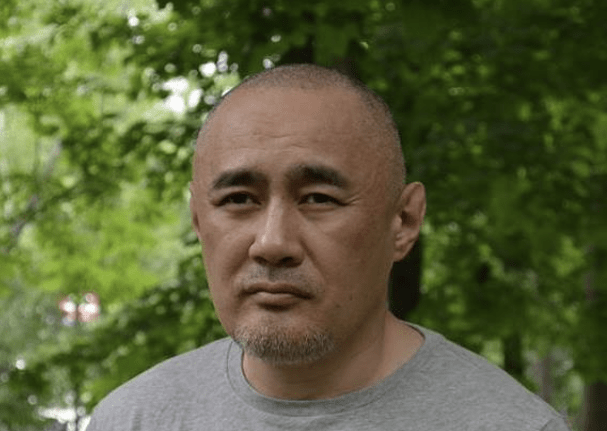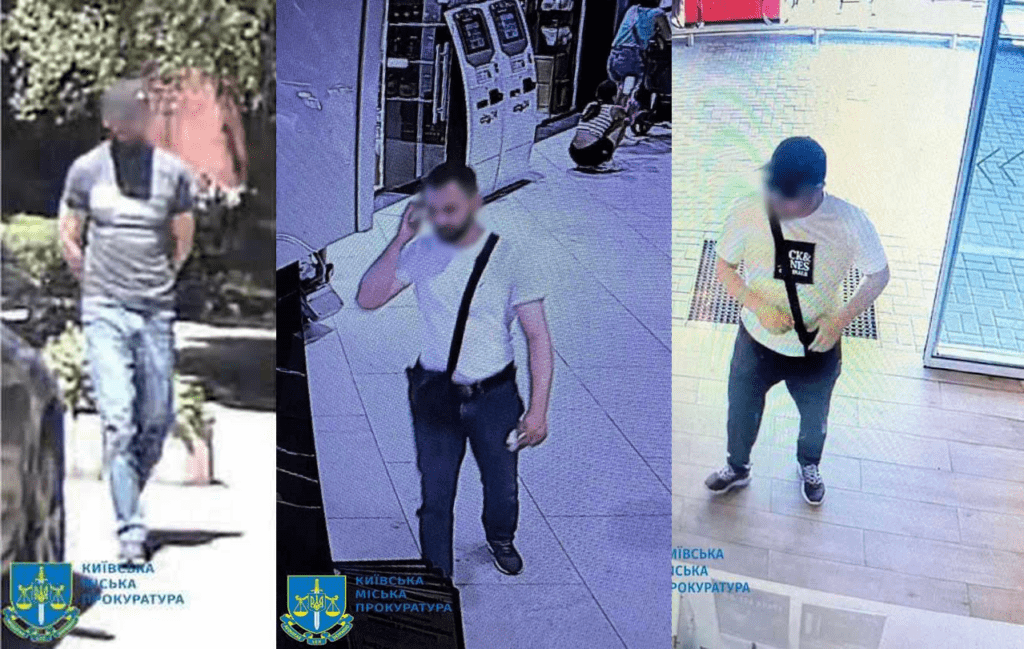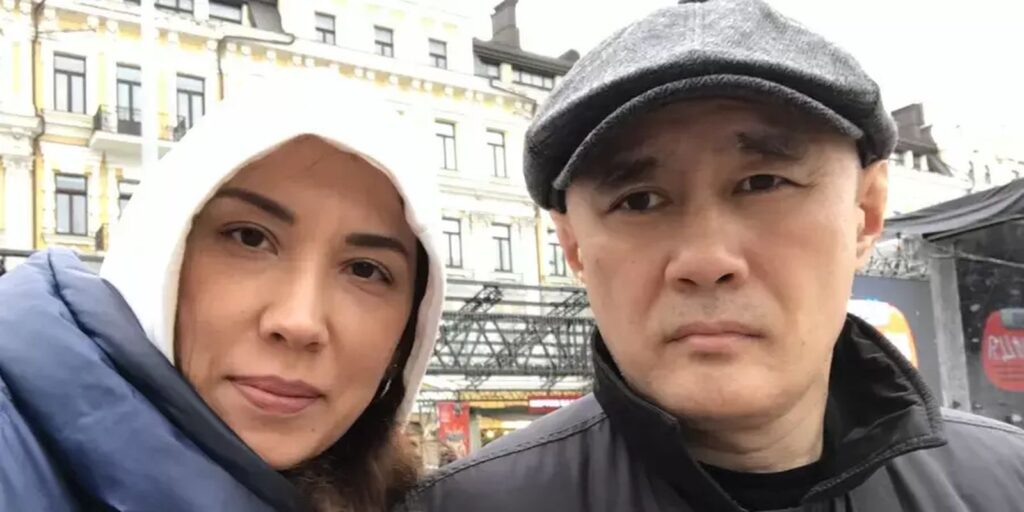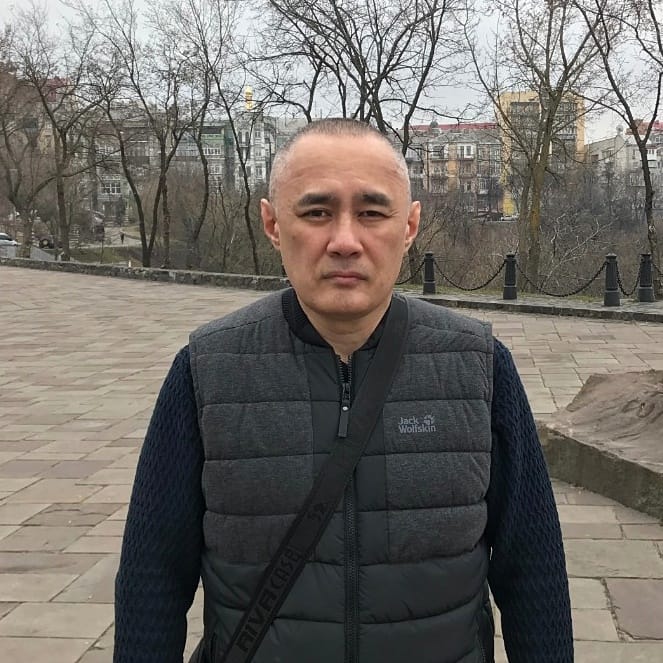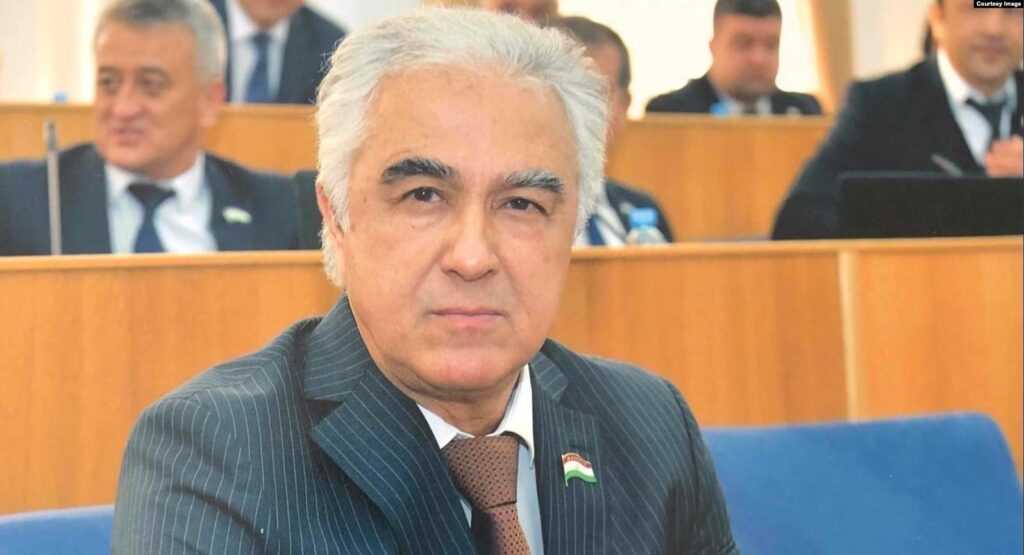Kazakh journalist Aidos Sadykov died in Kyiv
After 13 days in intensive care following an attack in Kyiv, Kazakh journalist Aidos Sadykov has died. This was confirmed by his wife Natalia Sadkykova on her Facebook page. Sadykov and his wife were authors of the YouTube channel “Base” which has been consistently critical of Kazakhstan’s government, starting with President Nazarbayev’s term and continuing under the new President, Kassym-Jomart Tokayev. On 18 June, Sadykov was shot next to his wife in a parked car in the Shevchenkovsky district of Kyiv, not far from the house where the couple lives. Aidos was wounded in the head, Natalya was not injured. The office of the Prosecutor General of Ukraine named two citizens of Kazakhstan, Altai Zhakanbaev and former Kazakhstan police officer Meiram Karataev (dismissed in January 2019), as suspects in the case. On 19 June, President Tokayev of Kazakhstan said that “the official bodies of the Republic of Kazakhstan are ready to join the investigation.” On 21 June, Kazakhstan’s Prosecutor General’s Office released an official statement concerning the attack: "Yesterday, the Prosecutor General of Kazakhstan addressed the Prosecutor General of Ukraine with a proposal to provide all possible assistance in solving this crime, involving the most experienced Kazakhstani investigators. The course of the investigation of the criminal case by the Prosecutor General's Office has been taken under special control." On the same day, Altai Zhakanbaev turned himself in to Kazakhstan authorities, according to the Office. The murder of Sadykov has raised questions about motive. Kazakhstani parliamentary deputy Ermurat Bapi has suggested that the attack was due to “third forces” who want to create a “quarrel between Kazakhstan and some countries”. Sadykova has held President Tokayev responsible for her husband’s death. To date, no evidence has been made public to substantiate these claims.
